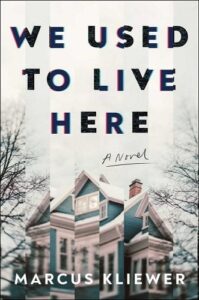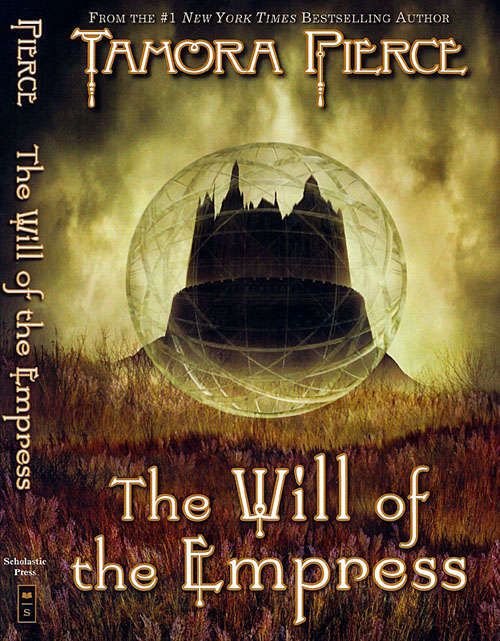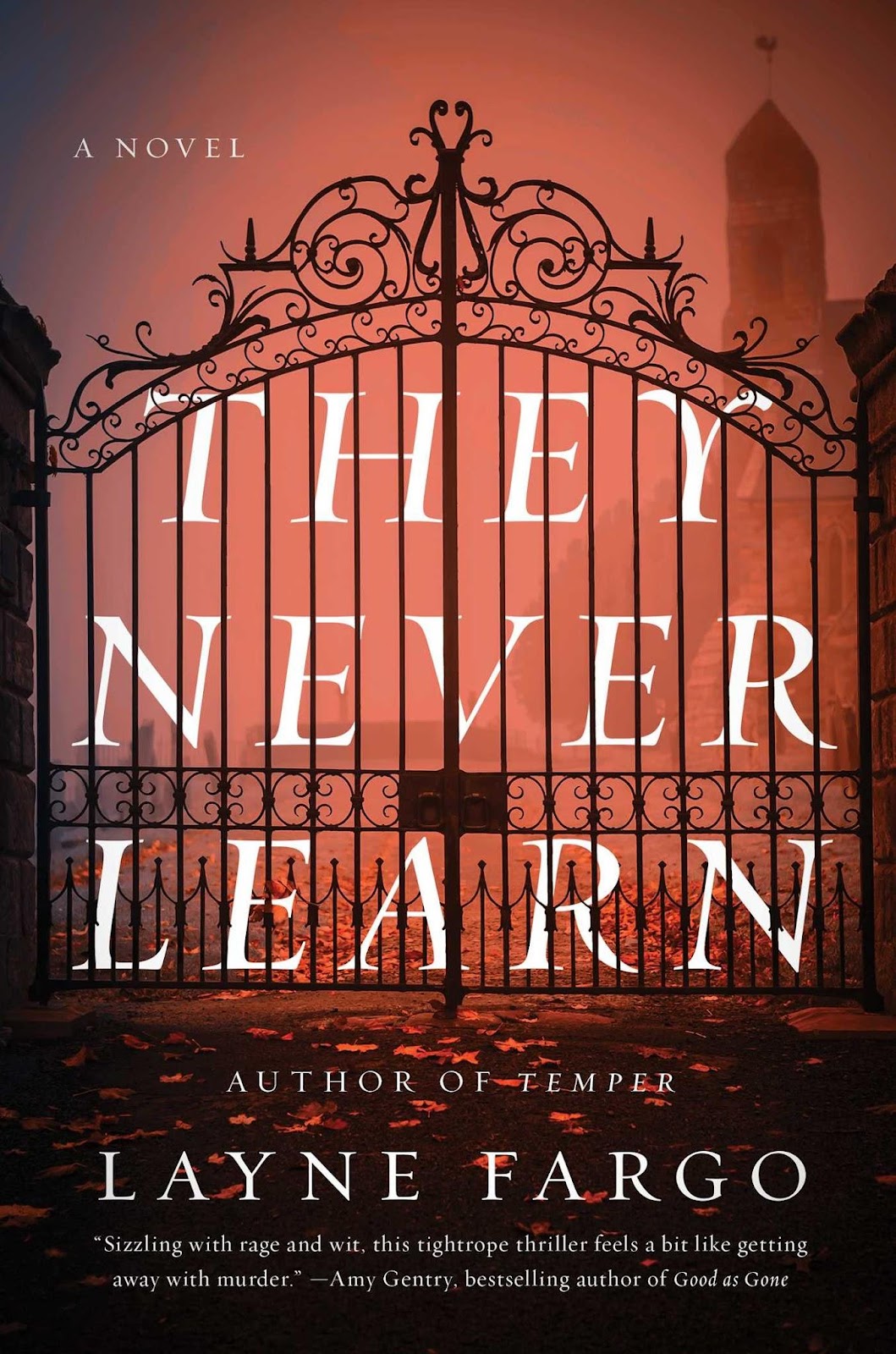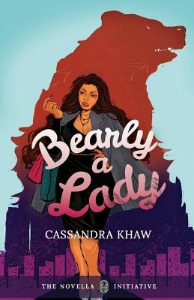If you’re looking for a haunted house story to really get under your skin, We Used to Live Here is for you. It’s a slow build, but by the end, it was the kind of story that had me seeing things in the shadows of my room at night. We follow Eve, who has just moved into a fixer-upper with her girlfriend, Charlie, with plans of flipping it. While Eve is home alone (Charlie is in town), a family of five knocks on their door. The father, Thomas, explains that he used to live there as a kid, and would she mind if they took a look around?
Even has anxiety, which makes it difficult for her to distinguish between truly unsettling things and garden variety paranoia. She doesn’t want this people in the house, especially not while she’s alone, but she’s also a people pleaser and is easily convinced into this. As they wander the house, she starts to get a bad feeling about them, especially Thomas, but she’s probably just imagining that…
This novel is no doubt influenced by House of Leaves, which is a horror book I absolutely love—and also have some serious issues with. Interspersed between each chapter of We Used to Live Here are documents: interview transcripts, newspaper clippings, the real estate listing of the house, etc. Within this documents are codes, including symbols, morse code, and seemingly random capitalized letters. There are fictional websites that you can actually visit, and an email address that might just reply if you email it. It’s the kind of book that can you send you down a rabbit hole, the kind that inspires subreddits to discuss theories.
Another crucial element of HoL that shows up here is spatial horror: as Eve explores the house, it begins to subtly change. This contributes to the growing sense of dread: even before anything truly scary happens, my skin was crawling. The atmosphere is so strong, and I ended up reading it in a couple of sittings because I had to know what happened next—and I wanted closure so that this story wouldn’t keep haunting me.
Despite all of that, there was something missing for me. It wasn’t entirely satisfying, though it had me hooked. I learned after finishing We Used to Live Here that it began as a serialized story on the No Sleep Reddit forum. I felt like things clicked into place then, because like other creepypasta and no sleep stories I’ve read, it does a great job of freaking me out, but the story doesn’t completely hold together in the light of day.
That criticism might not be fair. Not only did this book drive me to peruse some theories after I read it—always a sign I’m invested—but those also made me realize there are several easter eggs that make sense in retrospect. I suspect it would be a rewarding reread. But on the other hand, going down those Reddit threads also reminded me of moments that don’t fit into the worldbuilding, that seemed to be there just for vibes and didn’t totally make sense.
This is being pitched as Get Out meets Parasite, which I find to be a strange comparison for a book that has nothing to do with race/racism or class/classism. There is a religious element, though: conservative Christianity (and its attendant homophobia) is a looming menace, warping everything around it to conform. That’s an intriguing angle, but I don’t feel like it was fully explored, because there are so many other aspects to what’s happening.
Oh, and one more aside: I was annoyed with Charlie through most of this book, and I’m not sure if that was on purpose or not. I had questions that did not get answers. Do not leave your anxious girlfriend alone with a strange family in her house! Horror genre aside, why would you do that??
As you can probably tell, I am left conflicted. I had a great time reading this, and it is the closest thing I’ve read to HoL, though it is not nearly as intense. I felt like it didn’t completely live up to its potential, but I am glad I read it.
This and Kliewer’s short story “The Caretaker” are being adapted into Netflix movies, with Blake Lively as the star of We Used to Live Here and Sydney Sweeney as the star of “The Caretaker,” and I will be very interested to see how it plays out on the screen.



